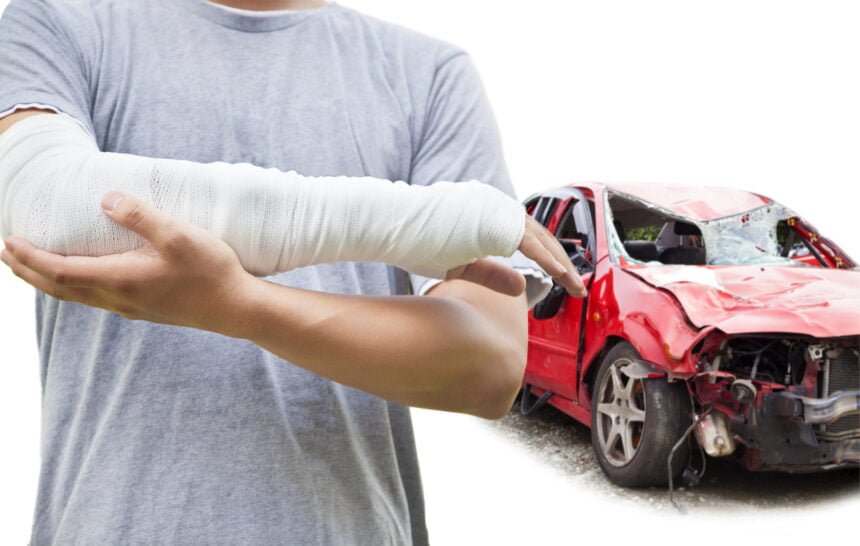Most car accidents result in injuries such as cuts and bruises and sometimes life-threatening conditions such as severe fractures that may require you to be admitted to the hospital for extended periods. Even small accidents can cause serious injuries. For this reason, many times after an accident, all the focus is placed on recovering from physical injuries, which means that psychological damages may sometimes be put on the back burner.
According to the Miami-Dade County Victim Advocate, after a car accident, many people will feel a wide range of confusing emotions, such as anxiety, fear, anger and depression. Some people may be able to work through these feelings on their own. However, for others, these feelings are severe, long-lasting and would linger for years after the accident, sometimes developing into post-traumatic stress disorder (PTSD). As the name implies, PTSD is developed after a traumatic event and, if left untreated, could lead to damning consequences such as problems with relationships, substance abuse, inability to hold down a job, and social isolation.
Here are a few tips for recovering from trauma after an accident.
Speak to a Therapist
After a car accident, most people are shaken up and may remain in a state of shock for a while. You may experience severe symptoms such as trouble sleeping, anxiety, depression, nightmares and flashbacks. You may also feel as if you are in danger all the time and always on edge. Some car accident sur vivors have been known to avoid going in any vehicle altogether, preferring to walk places or stay home. These symptoms are pretty severe, and you may need some strategies from a mental health professional to get through them.
After getting treatment from a professional, you’ll spend less time relieving the details of your traumatic accident and more time making plans for the future. A therapist will help to explain your symptoms and help you develop some coping mechanisms. They’ll help with strategies and medication for other issues, such as learning to drive after your accident. Your therapist will also be a listening ear and a safe space for you to express every feeling you may be unable to discuss with your friends and loved ones.
Create a Self-care Plan Personalized to Your Needs
After a traumatic experience, you may need to prioritize your mental health by creating a self-care plan that helps you get through the days after the accident. A good self-care plan intentionally prioritizes your physical, psychological and emotional well-being above everything else. Some things you may consider including in your plan are a few minutes of meditation each day, going for walks, talking to a friend or keeping a journal. When you take intentional steps to take care of yourself, you will see a reduction in your symptoms and general improvement in your well-being. Over time, you will gradually regain control of your life and feel empowered instead of overwhelmed by crushing feelings of helplessness.
Have a Healthy Diet and Exercise Routines
When you work out, endorphins are released into your body, and these hormones quickly boost your mood and even act as a pain-relieving agent. A healthy diet can also lessen the effects of depression and feelings of anxiety. Furthermore, a good diet and exercise routine can help improve your sleep quality. Generally, exercise will improve your quality of life and help you develop a positive outlook.
Reconnect with your Loved Ones
You may feel like isolating yourself after an accident; however, talking to loved ones about your feelings may help you work through your emotions faster. Avoid being alone for extended periods and stay with people who make you happy. These actions will hasten the healing journey and help you move forward.
Learn to Drive Again
If you’ve ever been involved in a life-threatening car accident, you probably still remember the moments when you thought you were going to die. Now, it feels like you have a second chance at life and do not want to take risks. Sometimes, even minor accidents like knocking off another driver’s mirror in the parking lot might shake your confidence behind the wheel.
It is essential not to let these kinds of negative experiences dictate the rest of your life. Get behind the wheel as soon as you are physically and mentally recovered from your accident. The longer you wait, the more you’ll doubt yourself. If you feel nervous, remember that most people get anxious at some point while driving. If you are experiencing a lot of anxiety behind the wheel, speak to a doctor about this, and they will help. You may need to take a driving course if you need to. When you return to the road, start driving in low-traffic neighborhoods.









